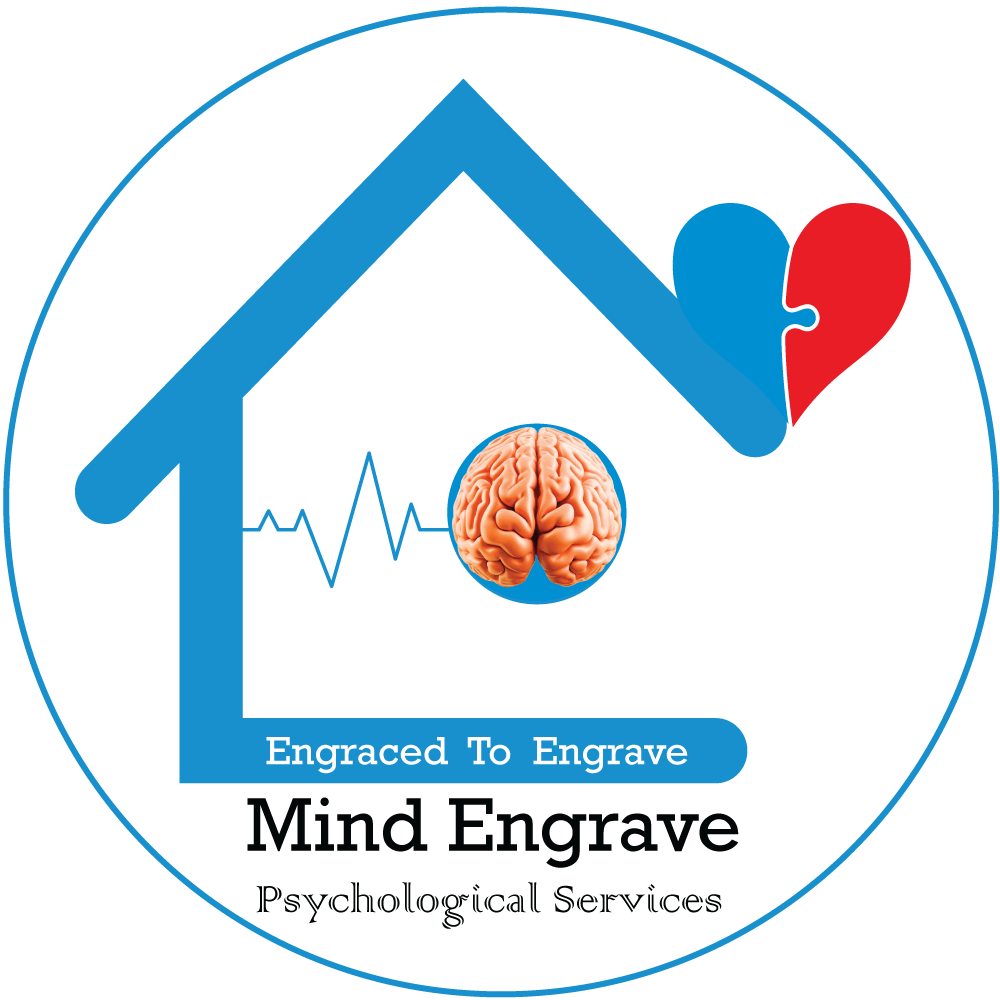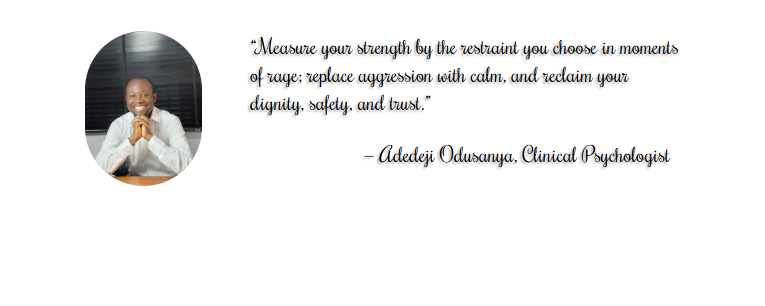Mental Illness, Symptoms & Treatments
What Is Mental Illness?
This is a health condition involving changes in emotion, thinking and behaviour. It is often identified by signs known as mental health symptoms. These symptoms are associated with distress and/or problems functioning in educational, occupational, interpersonal, or personal activities.
- Significant change in thinking, emotion and/or behaviour.
- Distress and/or problems functioning in social, work or family activities.
General Symptoms of Mental Illness
Mental health without concerns is termed as wholeness. However, when ongoing signs and symptoms cause frequent stress and affect your ability to function, mental health concern becomes a mental illness.
Below are the symptoms of mental illness:
- Feeling sad or down.
- Confused thinking or reduced ability to concentrate.
- Excessive fears or worries, or extreme feelings of guilt.
- Extreme mood changes of highs and lows.
- Withdrawal from friends and activities.
- Significant tiredness, low energy or problems sleeping.
- Detachment from reality (delusions), paranoia or hallucinations.
- Inability to cope with daily problems or stress.
- Trouble understanding and relating to situations and to people.
- Problems with alcohol or drug use.
- Major changes in eating habits.
- Sex drive changes.
- Excessive anger, hostility or violence.
- Suicidal thinking.
It is therefore with to note that these signs and symptoms vary, depending on the disorder, circumstances and other factors.
Causes of Mental Illness
Causes of mental illness ranges from biological, physical, psychological and environmental stressors.
- Biological causes are usually based on Genetics, Family History, and Chemical imbalances in the brain.
- Physical causes are as a result of head injury, default in developmental stages, and serious medical condition that involve the brain.
- Psychological causes could be stressors like emotional abuse, neglect, negative thoughts, esteem, resilience, work-related stress, marital stress, day life hassles, just to mention a few.
- Environmental causes could be due to traumatic event or experiences, and economic difficulty like loss of job.
- Substance abuse
Effects of Mental Illnesse
Generally untreated mental health can cause severe emotional, behavioral and physical health problems.
Other effects of mental health sometimes include:
- Unhappiness and decreased enjoyment of life.
- Family conflicts.
- Relationship difficulties. Social isolation.
- Problems with tobacco, alcohol and other drugs.
- Missed work or school, or other problems related to work or school.
- Legal and financial problems.
- Poverty and homelessness.
- Self-harm and harm to others, including suicide or homicide.
- Weakened immune system, so your body has a hard time resisting infections.
- Heart disease and other medical conditions.
Treatment Managements & Recovery Process
- Seek Help.
- Treatment: – Medication (Chemotherapy) – Psychotherapy – Medication and Psychotherapy
- Follow Dos and avoid the don’ts of mental illness.
- Regular health check up.
- Avoidance of risk factors.
- Drug compliance.
- Support groups.
Updated: 26/11/2020








